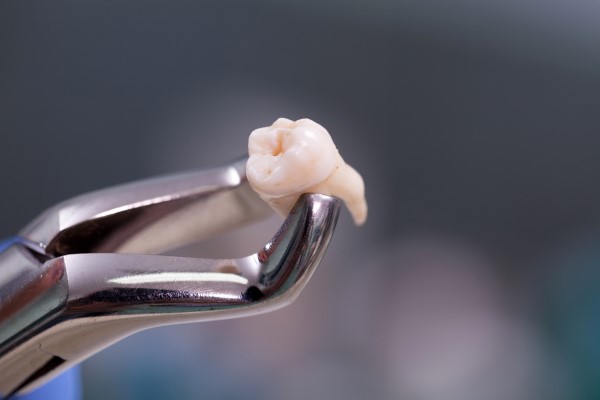Tooth Replacement – The Steps for a Dental Implant Procedure

One of the most common treatment options for missing teeth is the dental implant. This permanent replacement has a natural appearance and feel that mimics real teeth. Implants are typically done for patients who have lost teeth due to severe disease and decay as well as injury.
Dental implant procedure steps
Patients who plan on getting implants may have questions regarding this tooth replacement option. The procedure for dental implants involves multiple steps that are usually performed over a period of time.
Consultation
The first step for the dental implant procedure involves a thorough oral and overall health assessment by a dentist to ensure a patient is a good candidate for implants. The vast majority of people can get dental implants; however, there are some patients who do not qualify. Patients who smoke, have untreated gum disease, or have uncontrolled diabetes are at risk of complications from the procedure. If a patient's jawbone is not strong enough for implants, they may need bone grafting prior to the implant surgery.
Surgery
Once a dentist has determined that a patient is a good candidate for implants, the first part of the implant placement procedure can be done. This involves placing a titanium implant into the jawbone to act as a tooth's root. A temporary crown may be placed afterward. After the implant is placed, patients need to wait around four to six months for the mouth to heal and for osseointegration to complete. Osseointegration is the process in which the jawbone grows and fuses with the implant to provide a stable base that works the same as a natural tooth's root does.
After the healing process and osseointegration has completed, an abutment is placed. This is a connector that attaches to the implant and provides the base for the crown to be adhered to. The procedure for the abutment involves reopening the gum and attaching it to the implant. The healing process for this usually takes about two weeks. A crown is then manufactured and attached to the abutment to serve as the replacement tooth.
Post surgery
After the dental implant procedure is complete, patients may experience some swelling in the gums and face, as well as minor bleeding and pain. These are typically mild and last for a short amount of time after surgery. Over-the-counter medications can help with any discomfort. Dentists recommend soft food in the days following treatment.
It is important for patients to maintain proper oral hygiene and schedule routine dental appointments after receiving implants. Patients should be careful and avoid eating hard foods or chewing ice as this can possibly crack a crown. It is also recommended to limit the consumption of foods and beverages that stain teeth.
Conclusion
Dental implants are a great treatment option for patients with missing teeth and help to restore a beautiful and healthy smile. While the procedure takes some time to complete, results can last for a patient's lifetime.
Request an appointment here: https://newyorkdmd.com or call New York DMD at (917) 284-9680 for an appointment in our New York office.
Recent Posts
There is often some degree of anxiety in most patients before a Dental Implant Surgery. Many fear that dental implant surgery is painful and risky.However, knowing exactly what to expect and what to do before going into dental implant surgery can help calm some nerves centered around the procedure.Dental implant surgery may not be a…
Choosing an implant dentist is something many people do when they are in need of tooth replacement services. Since general dentists who place dental implants are also known as implant dentists, this type of dental professional is one that is commonly chosen. Ready to learn more?Want to find an implant dentist so you can decide…
Do you need your wisdom teeth removed? Read on to learn about this common oral surgery procedure. The third set of molars, otherwise called the wisdom teeth, usually develop between 17 and 25 and are removed through oral surgery by a general dentist. Most individuals have at least one impacted wisdom tooth, which means it…
If you have never sat in the dentist's chair for a tooth extraction, your upcoming procedure may seem unnecessary or too uncomfortable to bear. Remember that the dentist will explain the procedure beforehand and assure an experience that is as comfortable, quick, and painless as possible.The most common reasons for tooth extraction are that the…


